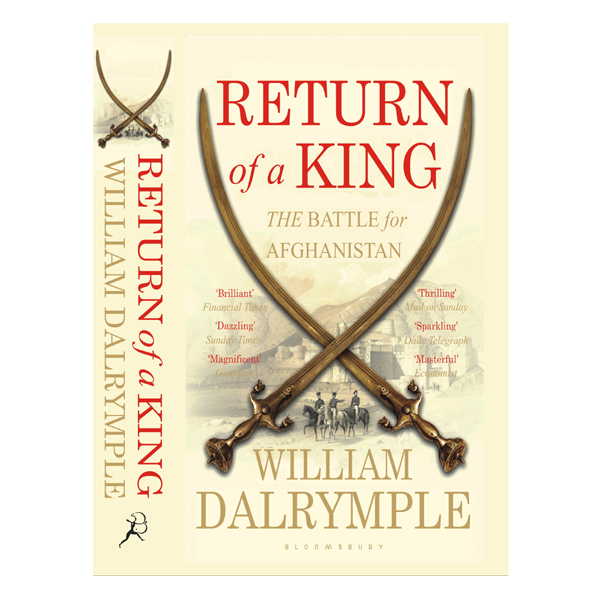



In truth, the war exposed the greediness and ignorance of all sides: protecting the interests of the East India Company and catering to the competing ambitions of major players like Sikh ruler Ranjit Singh, Polish agent Ivan Vitkevitch, William Hay Macnaghten and Scottish agent Alexander Burnes. Who would gain control of the portal to India: Britain, France, Russia, the Sikhs or the Afghan tribes themselves? And was there really cause for alarm at imperialist advances or a “dysfunctional” intelligence gathering by both the British and Russians? In his exciting, exhaustive study, British historian Dalrymple ( The Last Mughal: The Fall of a Dynasty: Delhi, 1857, 2007, etc.) sheds light on the enormously convoluted rationale for the First Anglo-Afghan War, ostensibly provoked by Britain in order to reinstall the compliant Shah Shuja ul Mulk (chief of the Sadozai clan) to power in Afghanistan over Dost Mohammad Khan (chief of the Barakzais), who supposedly favored the Russians. An intensively focused study of the ill-begotten launch of the Great Game in Afghanistan.


 0 kommentar(er)
0 kommentar(er)
